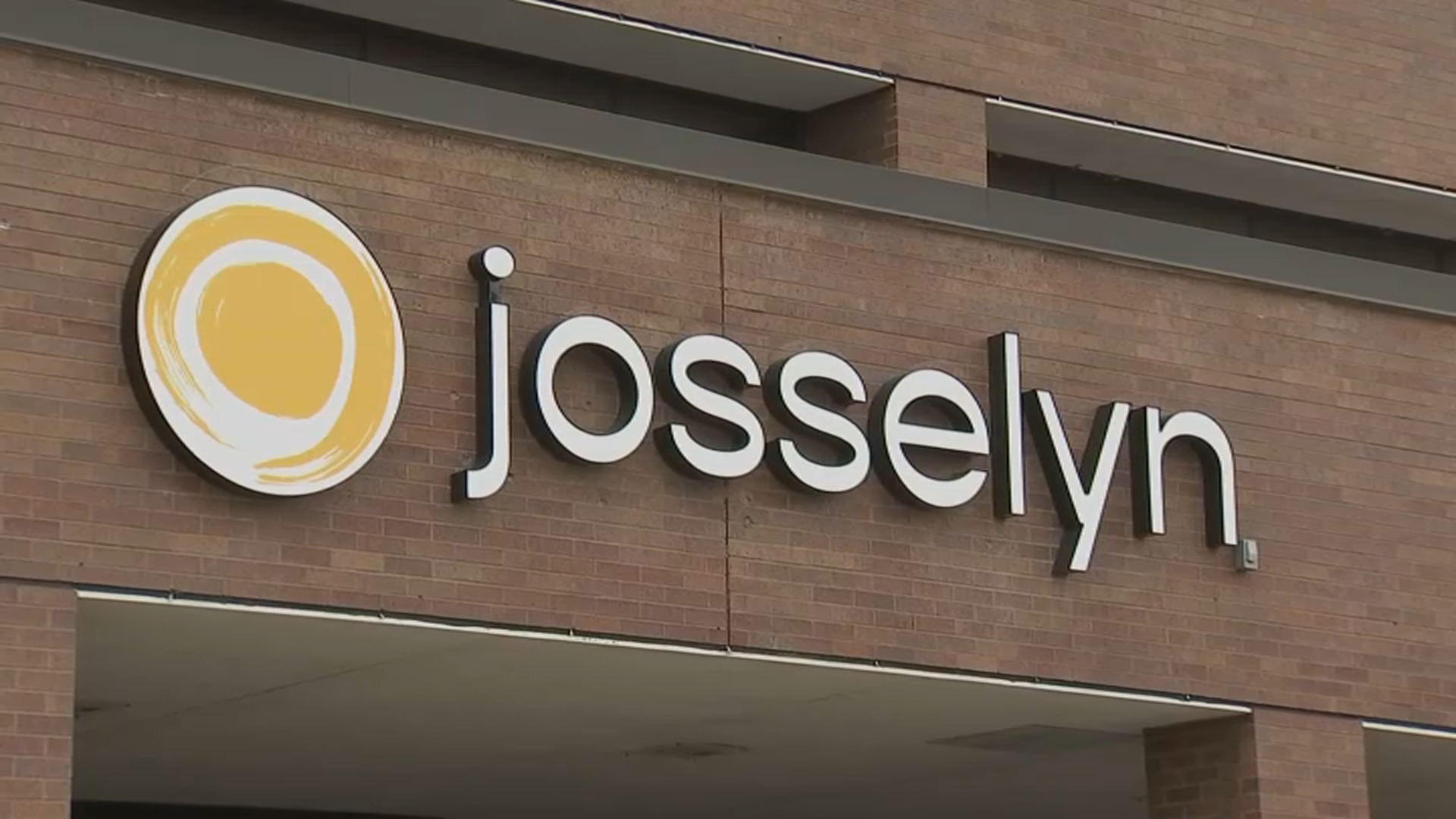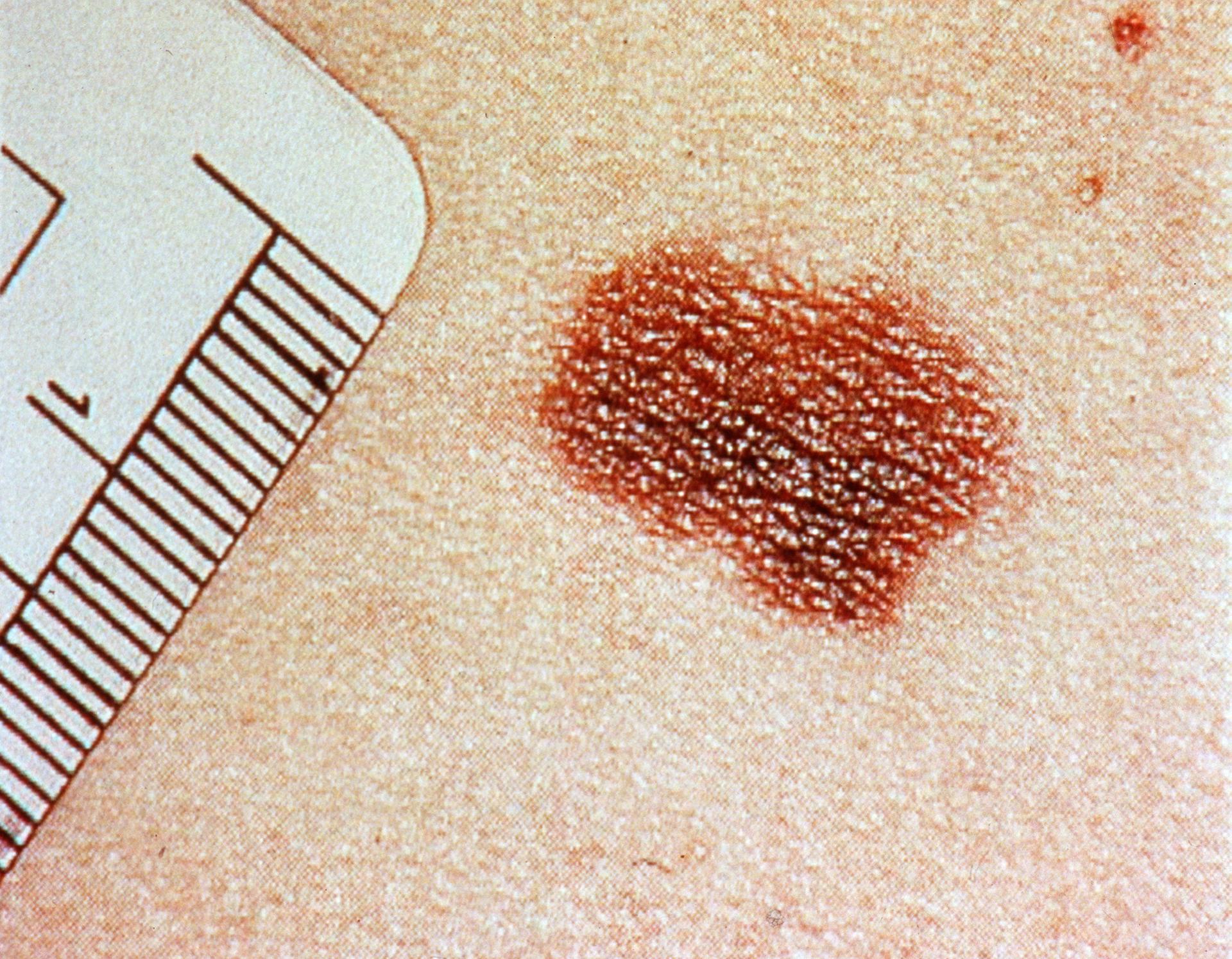An innovative training program for pediatricians is building confidence in diagnosing and treating mental health issues, getting children and teens help faster.
Dr. Markeita Moore said she sees the need for mental health help in her patients daily.
“Kids right now are anxious. They are sad and there's various reasons for that,” said Moore, a pediatrician with Advocate Children’s Hospital.
With months-long waitlists for many pediatric psychological services, Moore wanted to do more than just write referrals. She was one of the first pediatricians to sign up for the Collaborative Behavioral Health Program, through the Chicagoland Children’s Health Alliance (CCHA).
“With the increasing numbers of anxiety and depression before the pandemic, and then really soared during the pandemic, we knew that kids needed treatment,” said Dr. Julie Holland, VP of pediatric primary care for the Chicagoland Children’s Health Alliance.
Through this Collaborative Behavioral Health Program, pediatricians are now intervening immediately in their offices.
“The goal is to teach our pediatricians how to diagnose and treat depression, anxiety, ADHD, and other common pediatric mental health illnesses,” Holland said.
Ninety CCHA pediatricians have participated in the training, and pre-and post-training surveys found:
- pediatricians’ levels of confidence rose from 60% pre-training to 90% post
- pediatricians’ comfort level with prescribing and monitoring medications also rose from 30% to 86%
“We know a lot of our doctors did not have that training in residency. And so they came into practice without a great deal of knowledge and skill on how to treat that,” Holland said.
Feeling out of the loop? We'll catch you up on the Chicago news you need to know. Sign up for the weekly Chicago Catch-Up newsletter here.
Health & Wellness
“We took a group of people who weren't comfortable doing something, educated them gave them the skills, and now they can do it. And again, every kid that gets treated is another kid that doesn't have to wait six or 12 months, or not see a mental health professional at all,” Holland said.
Moore said she has used what she learned in the training program to help dozens of kids.
“I feel more confident and more empowered in diagnosing anxiety and depression,” Moore said.
“Any pediatrician in the Chicagoland area that wants to participate is welcome, they just need to get in touch with us. And we'll get them on the list,” Holland said.



